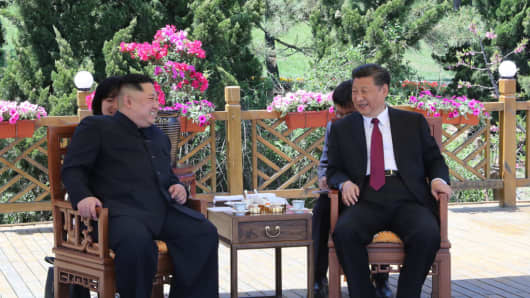The bizarre summit meetings between the U.S. and North Korea came to a logical end. Without any security guarantees and relief from debilitating sanctions, Pyongyang refused last Thursday in Hanoi, Vietnam to destroy its nuclear military assets and their delivery vehicles.
Why it took two summits and intensive bilateral consultations over a period of seven months to lead to such a predictable failure is a mystery historians will have to ponder.
The best result of the two top-level meetings is an apparent North Korean commitment to stop nuclear and ballistic tests, and the U.S. decision to discontinue mock-up North Korea invasions in the form of long and massive military exercises on and around the Korean Peninsula.
It seems that Washington-Pyongyang discussions are expected to keep that agreement alive. North Koreans may also wish to use those meetings to avoid the embarrassment of failed summits. But their friends, China in particular, could also have other ideas, such as an initiative within the United Nations Security Council to soften — on humanitarian grounds — the most damaging sanctions affecting the North Korean population.




